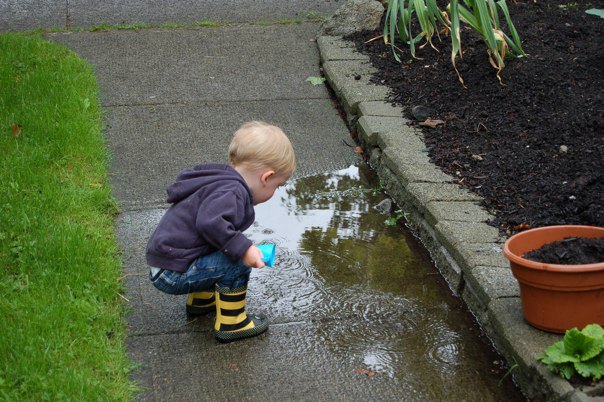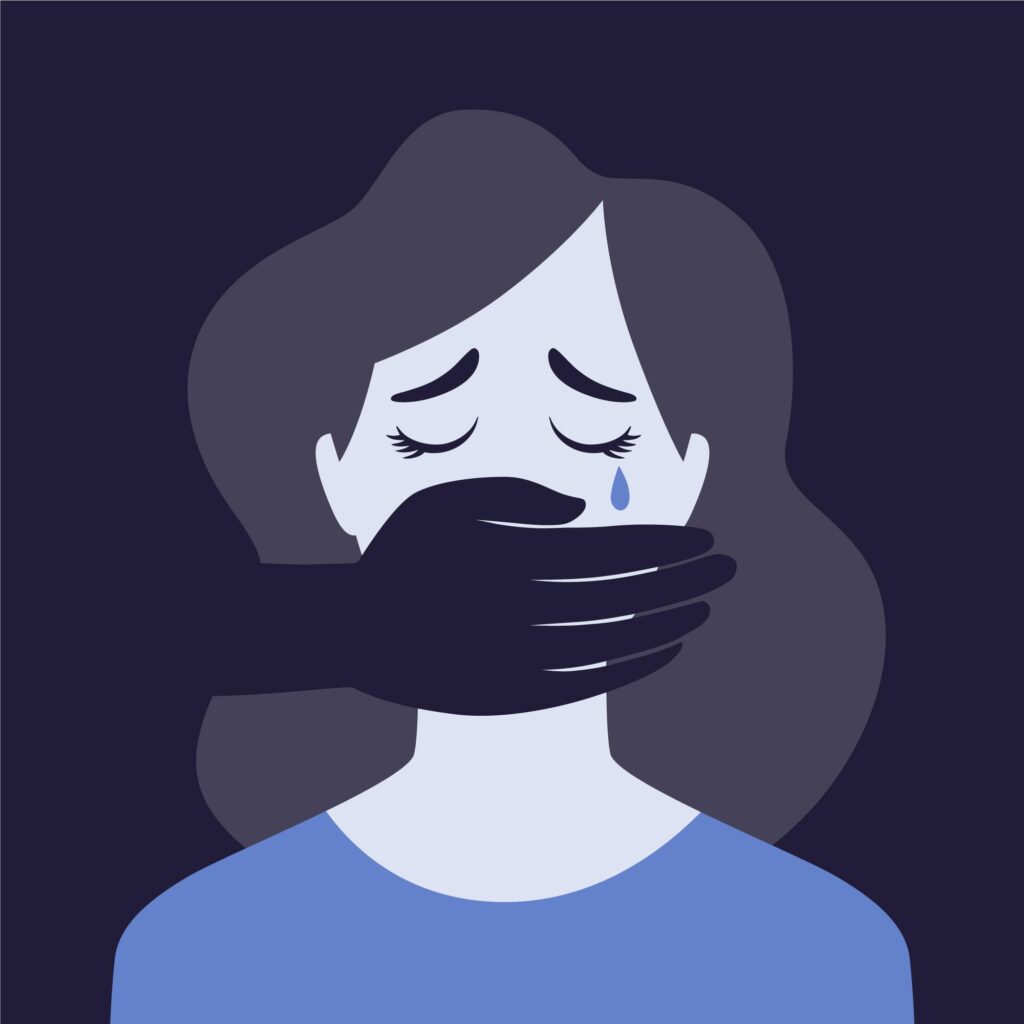
Burnout
Burnout is not just exhaustion—it’s the cumulative impact of being forced to function in environments that are unsustainable, unsafe, or chronically misattuned to your needs. In schools, burnout affects students, families, and educators alike—but for neurodivergent students, it often begins early and is routinely ignored.
Autistic and ADHD students may appear “fine” until they collapse at home, refuse to attend, or shut down entirely. Parents may be dismissed as overreacting while privately managing crisis-level distress. Educators may burn out from moral injury—expected to enforce systems they know are failing kids. And too often, burnout is framed as individual weakness rather than institutional failure.
This tag explores the realities of burnout in education: what causes it, what it looks like, and how schools often mistake signs of survival for defiance, disengagement, or “bad behaviour.” It includes posts on school refusal, masking, PDA shutdown, parent exhaustion, and the ways policy choices compound harm.
Burnout is not inevitable. It’s a warning sign—of policies that don’t accommodate, systems that punish difference, and institutions that reward compliance over care. We believe naming burnout is the first step toward healing—and that no child should be expected to burn themselves out to earn inclusion.
-
Neurodiversity-affirming IEP goals that build accountability and reduce burnout
When classrooms become overwhelmed, the strain doesn’t just fall on adults—it radiates through the entire learning environment. Neurodivergent students, in particular, often act as emotional barometers—canaries in the classroom. They feel the tension, chaos, and unpredictability more acutely than their peers. When co-regulation breaks down, or when expectations are unclear, these students are often the…
-
The cost of masking: What we lose when children perform wellness
This evening, I walked my son down the street toward the place where his father was waiting to pick him up. It was an ordinary hand-off on an ordinary day, except I carried that soft, watchful question I always carry now, held quietly in my chest until the timing feels right. I asked if he…
-
Nova Scotia bans collective punishment
Nova Scotia’s Provincial School Code of Conduct Policy underwent a significant update in April 2025, marking a substantial revision of the previous 2015 policy. The updated policy, set to take effect in September 2025, introduces clearer definitions of unacceptable behaviours, delineates new responsibilities for all school community members, and emphasises support for those affected by…
-
Teacher speaks out on exclusion
An experienced teacher alleges that her school punished her for exposing how it pushes vulnerable students out of class. She claims administrators send students with disabilities home early, force them onto reduced schedules, and isolate them without formal suspension or notifying families. She says that when she reported those illegal, unethical practices, administrators investigated her,…
-
The slow boil: delayed support and collective punishment
I think a lot about lobsters, wrestled from the sea and placed in cold water that slowly heats—do they wonder if it’s getting hot in there? How do they decide where the line is and begin to panic? Is it a thought or pure instinct? In kindergarten, my son arrived with a history of trauma…
-
The problem with the appeals process
When something goes wrong at school—when a child is excluded, harmed, or unsupported—families are told to “work it out with the school first.” That sounds reasonable on paper. But in practice, it’s vague, unstructured, and often retraumatising. I’ve gone through the Vancouver School Board (VSB) appeals process more times that I’d wish upon anyone. Here’s…
-
On moral injury and collective punishment
I did not want to file a complaint. I still don’t—not in the sense that people imagine, with anger or vengeance or a desire for punishment. What I wanted, what I asked for again and again with patience and clarity and increasing despair, was for the district to acknowledge that collective punishment is not just…
-
Rot at the root: Why POPARD must be dismantled from the top down
When I first objected to the strategies POPARD proposed, I tried—truly—to assume good intent: that if I just gave them the right information, the clearest language, the most generous interpretation of their mandate, they would course-correct and stop pushing reward charts onto an already-traumatised child. I wrote careful emails, cited the psychologist’s diagnosis, offered specific…







